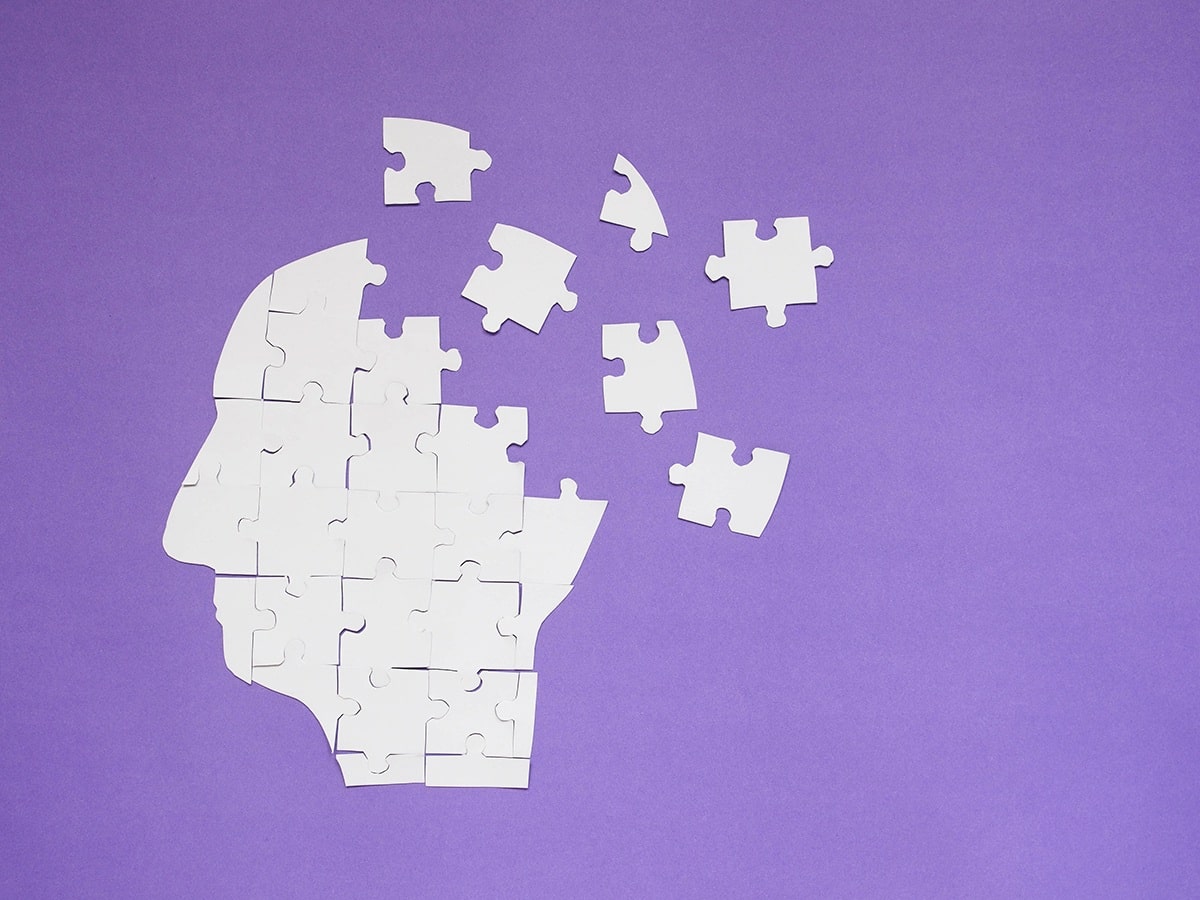A study published this week in the journal Neurology connects poor sleep with dementia. Researchers studied 321 people from the Framingham Heart Study (FHS) who participated in the Sleep Heart Health Study between 1995 and 1998, and who were over 60 years old at the time. They followed these participants for 19 years, and 32 of them developed dementia during this time. Of those, 24 people were diagnosed with Alzheimer’s disease.
“After adjustments for age and sex, lower REM sleep percentage and longer REM sleep latency were both associated with a higher risk of incident dementia,” the researchers wrote. “Each percentage reduction in REM sleep was associated with approximately a 9 percent increase in the risk of incident dementia.”
Translation: Disordered sleep may be related to dementia in some way, possibly as a predictor of Alzheimer’s disease.
“Our findings point to REM sleep as a predictor of dementia,” Matthew Pase Ph.D. from the Boston University School of Medicine, who helped lead the study, told NBC News. “The next step will be to determine why lower REM sleep predicts a greater risk of dementia.”
The Alzheimer’s Association says an estimated 5.5 million Americans have Alzheimer’s disease, which is a chronic neurodegenerative disease that cannot be cured. Early symptoms include short-term memory loss, disorientation, mood swings, and issues with language.
Scientists still aren’t sure what causes the disease, though research suggests there may be a genetic component.

Orawan Pattarawimonchai/Shutterstock
The Alzheimer’s Association website explains that “many people with Alzheimer’s experience changes in their sleep patterns,” including difficulty sleeping and increased propensity for daytime napping. “Many older adults without dementia also notice changes in their sleep, but these disturbances occur more frequently and tend to be more severe in Alzheimer’s,” they note. The association advises that patients try non-drug coping remedies first, and only use sleep medication as a last resort.
Features image: Mopic/Shutterstock


